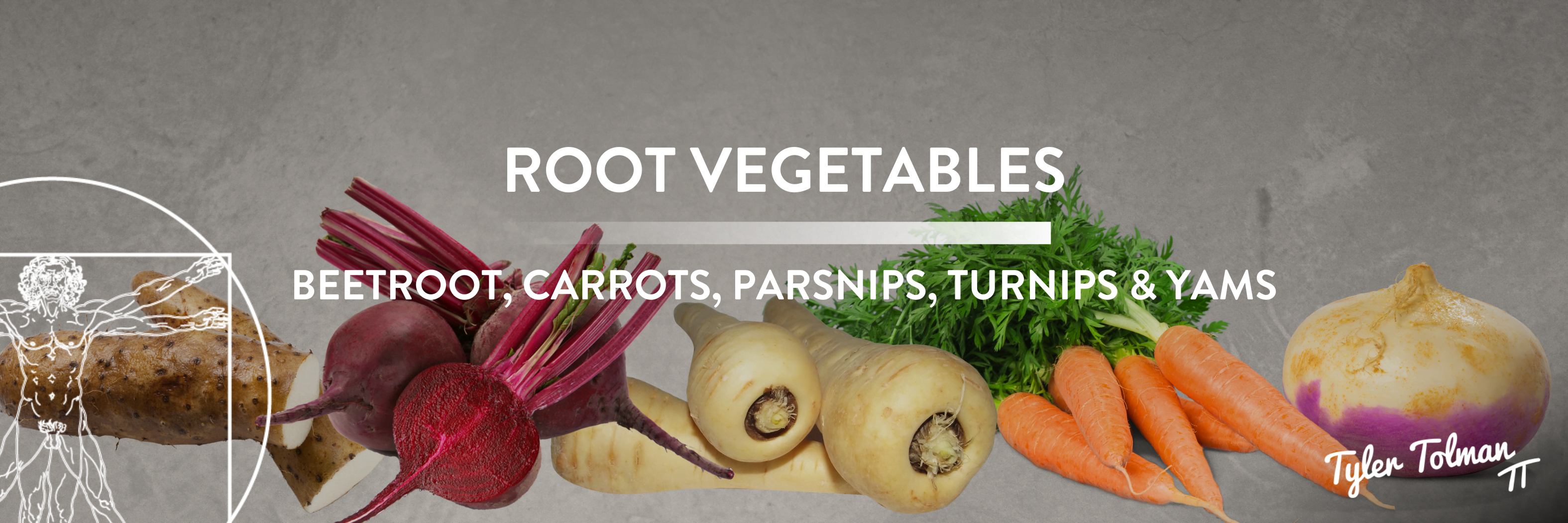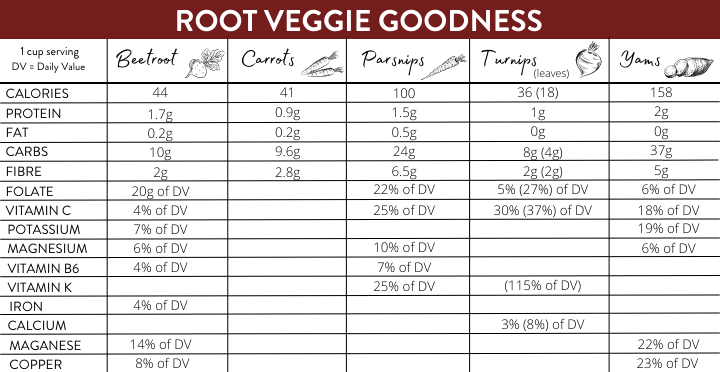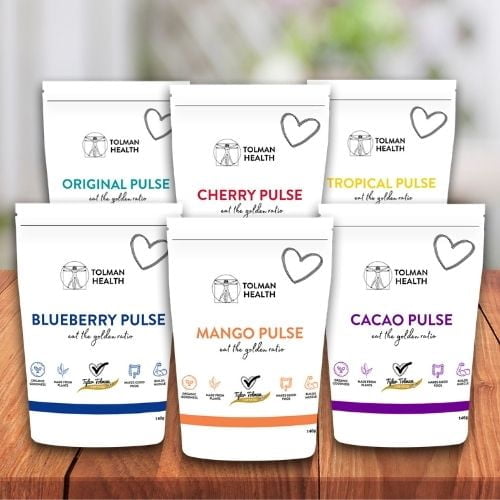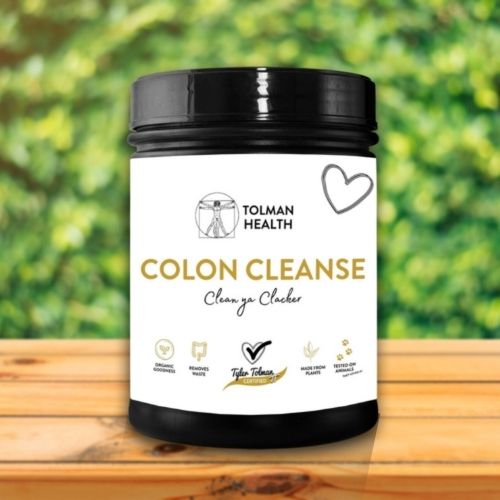TYLER TOLMAN BLOG
Root Vegetables | Beetroot, Carrots, Parsnips, Turnips & Yams

Root Vegetables | Beetroot, Carrots, Parsnips, Turnips & Yams
When I think of root vegetables, I think of starchy comfort foods that keep me warm (and full) in the winter. But when people think of starch, the stigma can often imply that because these veggies contain carbs, and therefore increase your sugar intake, they should stay away from them. But not necessarily…
Let’s look at a few root vegetables and some of their healthy and nutritious qualities that support and build our bodies.
Beetroot (Beets)
This vegetable has to be one of the most vibrant colours of all vegetables. Beets get their brilliant red colour from a powerful antioxidant called Betalains – not many vegetables are so lucky to be full of these. Betalains is also an anti-inflammatory and is a great protector against cancer and other diseases.
Beets are high in vitamins and minerals, so much so they nearly contain all the vitamins and mineral the body needs. Which is why I love CABALA juice so much!! (Carrot Apple Beet Lemon)
For the pregnant ladies, beets will give you 20% of the daily recommended dose of folate in about a 100g serving of beets, giving that little bubba a great boost in their growth and development. Folate also helps to minimise damage to blood vessels, thereby reducing the risk of heart disease and stroke.
I love beets for their good source of fibre, keeping our digestive system flowing by promoting healthy bacteria which helps boost our immune system to fight off diseases.
Many athletes have been known to eat and juice beets to assist with exercising and improving their performance (by about 25%). The nitric oxide beets contain increases blood flow to muscles, which can help to enhance athletic endurance.
The hearty vegetable just has so many benefits; also helping with inflammation, supporting brain-health, containing cancer-fighting properties… and don’t forget both the beet AND the leaves can be consumed, providing even more nutrients.
So I mentioned CABALA (carrot, apply, beetroot, apple, lemon, apple) juice above, one of my favourite way to enjoy the taste and nutritious benefits of beetroot. Juice may not sound very winter-warming, but it certainly does the body good when we may be feeling a little sluggish in the colder months.
Carrots
Probably one of the most popular and well-known of the root veggie family, commonly eaten cooked as a side dish or a raw staple in any kids’ lunch box.
Well-known for their bright orange colour, carrots also come in a variety of other colours; yellow, white, red and purple. If carrots were a wine, you’d be lining them up for a taste test to see which flavour ‘tickles’ your taste buds best.
We all know carrots do amazing things for our eyes, which we’ve talked about in reference to the Doctrine of Signatures. But why are they so good for the eyes and what else are they good for?
Carrots support our eyes with their rich beta-carotene compound that our amazing bodies turn into vitamin A, resulting in great eye health. Along with other great benefits, beta-carotene protects our eyes from over-exposure to the sun and lowers chances of cataracts. Yellow and orange carrots also have a plant compound called Lutein, one of the most common antioxidants, which is also beneficial for eyes.
Beta-carotene isn’t the only hero in carrots, they of course have many other nutrients. Vitamin K is one, which is good for blood coagulation and bone health. Carrots also contain pectin, which is a form of soluble fibre that helps to lower blood sugars and feed the friendly bacteria in your gut. And you know I’m all about supporting a healthy gut!
And if you haven’t yet tried a red or purple carrot, it’s worth doing so. These colourful carrots contain lycopene, another plant compound. Lycopene is an antioxidant that may decrease the risk of cancer and heart disease.
Parsnips
Mmmmm, parsnips… I love their sweet and nutty flavour. And, for me, definitely a vegetable I associate the colder months with.
Parsnips are another vegetable that is a great source of vitamin C, providing about 25% of the daily recommended amount. As we all know, vitamin C is a must for building a strong immune system, assisting with the common cold (perfect for the winter months) and other respiratory tract infections.
And with all that vitamin C, parsnips also make for a powerful antioxidant, which we know is a must for fighting chronic diseases.
Vitamin K, folate and many other micronutrients (major groups of nutrients including both vitamins and minerals) are also found in parsnips. Getting enough folate is important to maintain your energy levels and to helps to help mums-to-be support their bundles of joy.
You can also get a good dose of fibre, both soluble and insoluble, by eating parsnips, aiding digestive conditions like reflux, diverticulitis and intestinal ulcers. Not to mention helping to maintain regular bowel movements.
With a great combination of fibre, high water content and low calories, this root vegetable makes the perfect addition to any weight loss journey.
If you’re not sure where to start with adding parsnips to your diet, making them into a mash with loads of garlic, lemon and some herbs is a yummy way to start.
Turnips
Another root vegetable that both the turnip and leaves can be consumed, packing away a lot of vitamins and minerals. In fact, the leaves contain higher nutrient quantities.
Turnips (roots and leaves) are a great source of vitamin C, improving iron absorption which provides a lot of health benefits, such as regulating blood cholesterol.
This vegetable contains some good amounts of vitamin K and A, with K acting as an clotting agent to prevent excessive bleeding; and A supporting eye, skin and lung health.
Along with their high amount of folate and vitamin C, turnips contain several plant compounds that are associated with cancer-fighting properties. One of which is called, Glucosinolates, which provides antioxidant support by alleviating the cancer-promoting effects of oxidative stress. Glucosinolates have also been shown to reduce the risk of cancers such as lung, colon and rectal cancers.
The glucosinolates found in turnips is the gift that keeps on giving, as this plant compound breaks down into indoles and isothiocyanates. Indoles provide anti-inflammatory properties, which can assist with some chronic diseases; and isothiocyanates have the capabilities of inhibiting microbial and bacteria growth.
Turnips are not the most common of vegetables, but they reap so many health benefits it is worth adding them to your grocery list. They’ll taste super yummy grilled or roasted with some other neighbourhood root vegetables.
Yams
This root vegetable is often mistaken for sweet potatoes with their similar appearance, but they are less sweet-tasting and more starchy than their look-alikes. Like carrots, yams also can be found in different colours – white, yellow, purple pink – depending on their maturity.
Yams are a great source of fibre, along with potassium and manganese which are important for supporting bone health, growth, metabolism and heart function.
Similar to its root veggie friends, yams contain good amounts of micronutrients, with special mention of copper and vitamin C (immune-booster, of course). Copper is important for red blood cell production and iron absorption.
Yams contain an uncommon compound called diosgenin, which has been shown to help relieve arthritis, enhance brain function and improve memory.
Another cancer-fighting veggie through the many antioxidants it holds, one study showing yams helped in reducing colon tumor growth. Which was also helped through the anti-inflammatory properties found in yams, supporting many other diseases like IBS and stomach ulcers.
A great way to benefit from all the good stuff yams provides, try substituting the usual potato hot chips with some yam wedges, baked with some coconut oil, seasoned nicely with salt and pepper and your favourite herbs. Delish!!

Looking at the above nutritional snapshot, there is definitely a pattern here showing the consistent goodness and health benefits coming from these root vegetables….fibre, vitamin C, cancer-fighting antioxidants and so on.
And yes, these veggies contain carbs (some more than others), but it’s the good, unprocessed, straight-from-nature kind and with all their other major nutritional qualities and health benefits there really is no downside! So dig in!
Thanks for reading!





